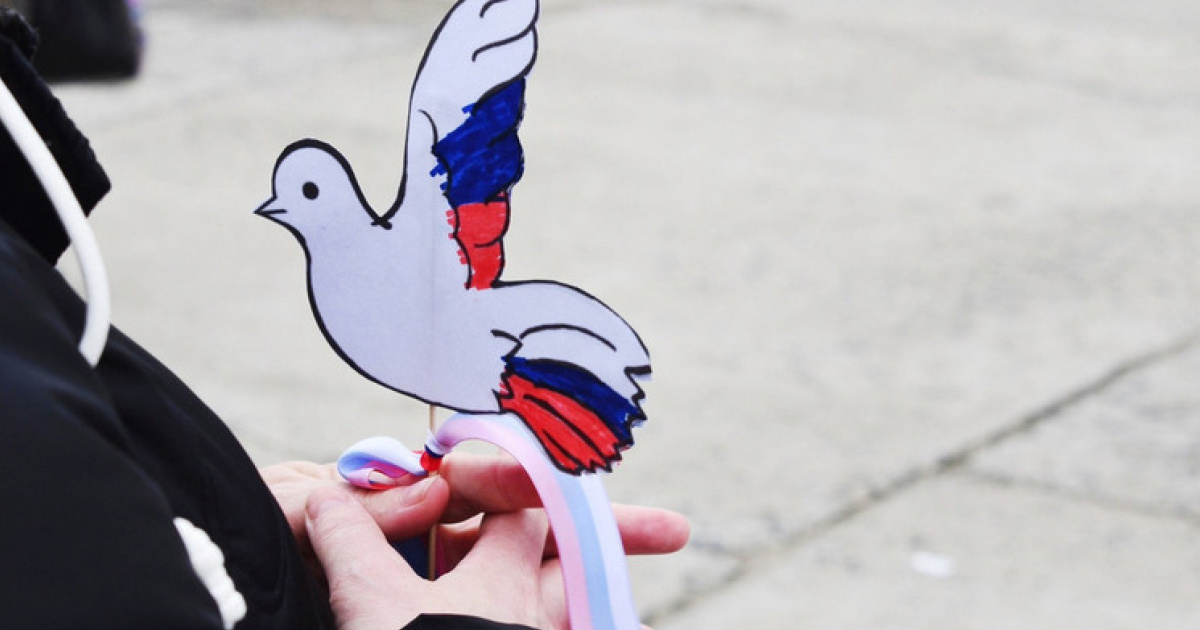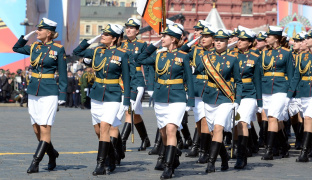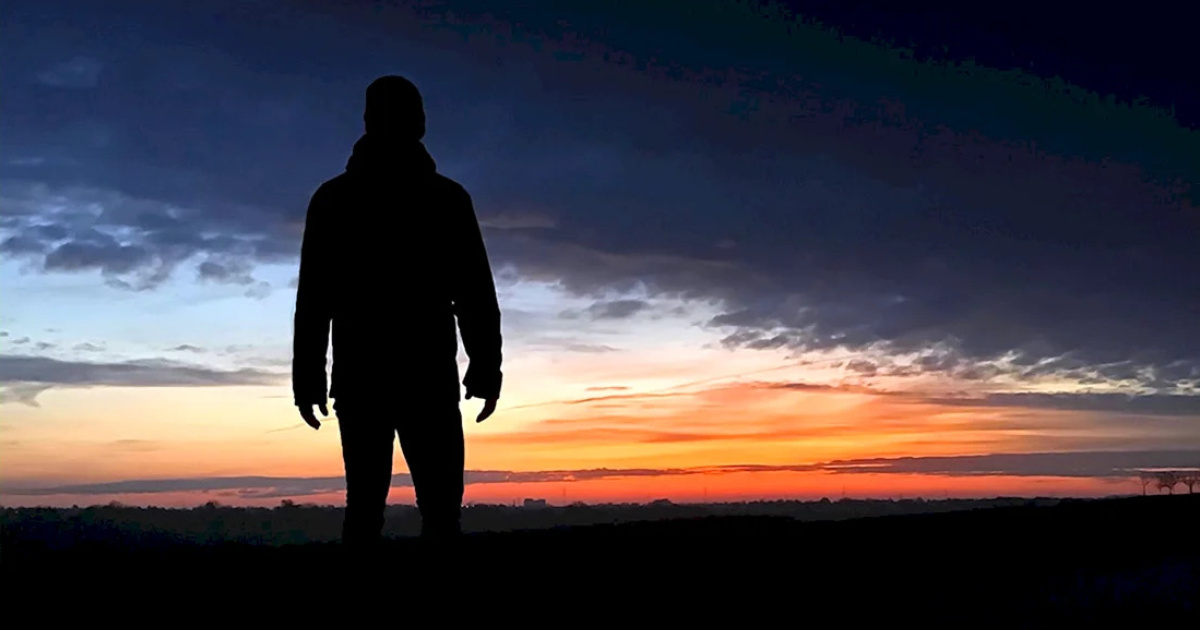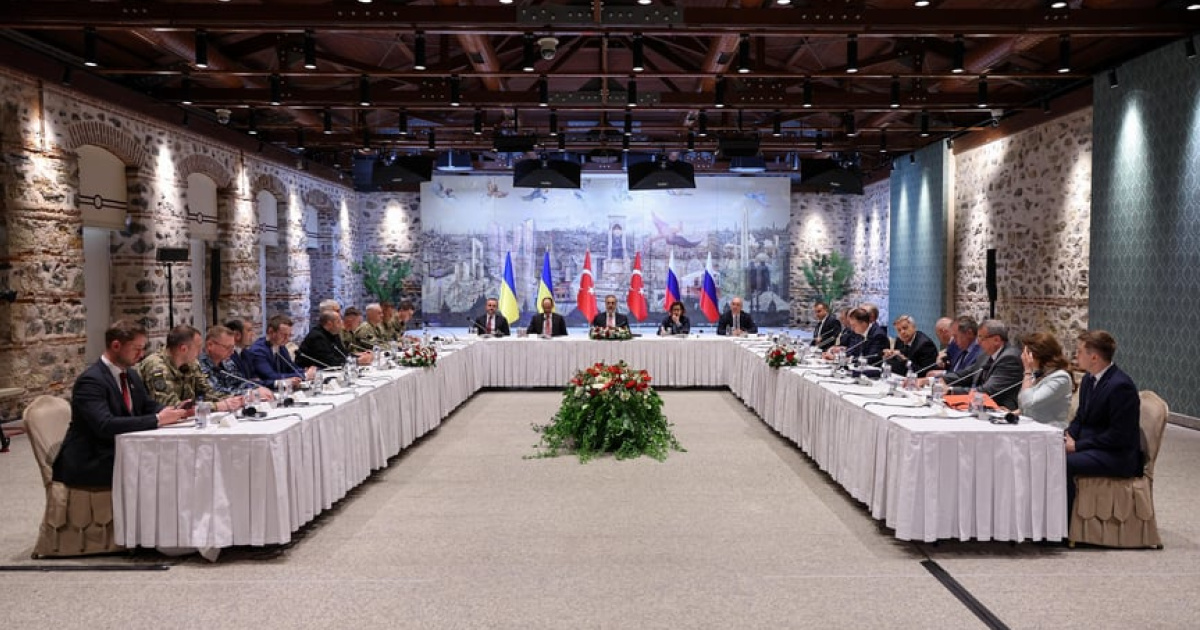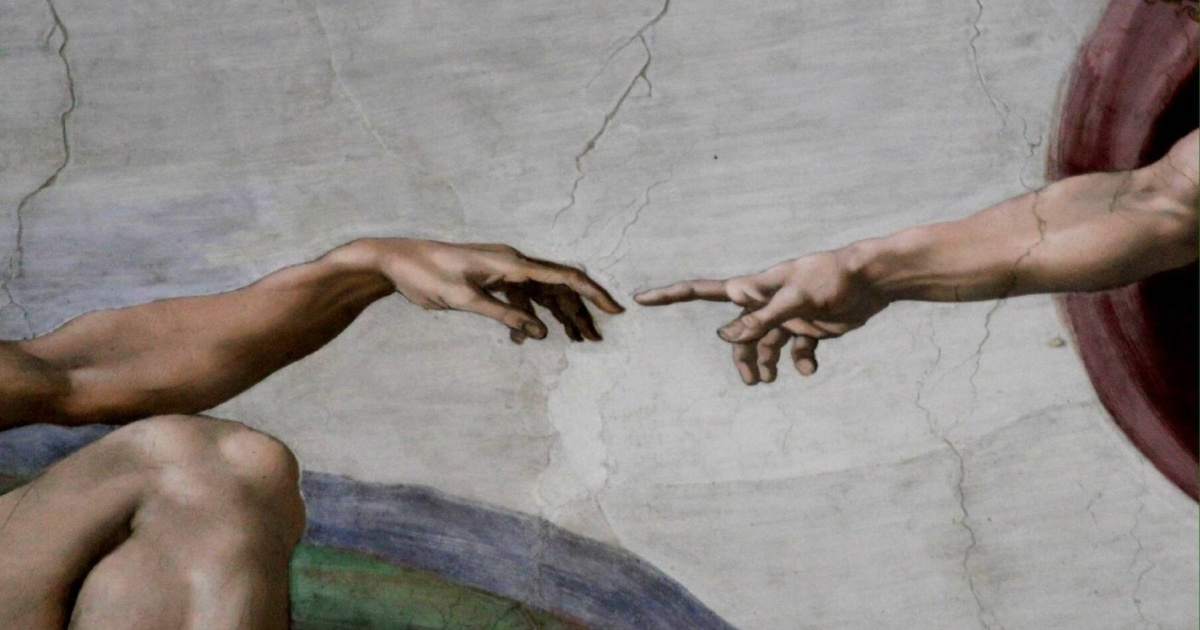Many residents of Donetsk, who left the occupied territory for the "mainland", don’t worry any longer about the question of special behaviour in the capital of Donbass. However, those who want to visit Donetsk for the first time after its occupation, it is necessary to know some nuances that may affect a citizen with a local residence permit and those who have decided to come here from other regions of the country. So:
1) Checkpoints.
Passing checkpoints is a kind of roulette. If you travel by public transport, it is often limited to the check of the bus by some nimble young "republican" who runs into the bus with a smile and a gun greeting "welcome home", examining briefly the interior.
But not everything is trouble-free. Sometimes the "militia" standing at checkpoints requires men up to 65 (the age varies) to get off and carefully scans their passport. If your registration is not local – you may be required to open the bag and asked about purpose of your visit. However, even a local may face check – usually there are no collisions.
However, back in October of 2014 I could not explain a nuance in my own passport, as a result of which they checked me on some lists in a separate notebook, which sometimes occurs now. I can only guess what kind of lists they were and who is there but I personally passed check successfully. Those who enter "republic" in personal cars should expect the same.
2) Exchange rates.
As I live in Donetsk it’s hard for me to judge how difficult things are now with buying ruble in the controlled area. But if it is possible, then you should buy ruble there, as the rate is less favourable in the "DPR". Now in Donetsk it is 2.45-2.6 (depending on the place where you exchange), i.e. you’ll be given 2450-2600 rubles for 1000 UAH. In general, if the amount is large enough, it is possible to negotiate discount of 0.5 units but you should understand that the rate will still be lower than the average because that difference is the source of income for these people.
3) Phone and social networks.
It seems to be a trifle, but you should take it seriously.
Irrespective of the status in which you enter the uncontrolled area, your phone must be "clean". In other words, there should be no contacts like "Bogdan Right sector" or "Artyom Major". All contacts should be concise, simple, desirable saved by one name.
The phone can be checked both at the checkpoint and at any time of your stay in any place of the city by commandant, "MSS", etc. Do not neglect this simple rule and leave even innocuous, at first glance, contacts that may cause the slightest suspicion.
In terms of social networks, then it all depends on how publicly you expressed your pro-Ukrainian position before arriving in Donetsk. If your timeline includes only some vanilla posts and Easter greetings - do not worry. But if you have written at least one critical post in relation to the "DPR" or chatted on that topic (chat can be simply revealed), you need to delete your page for the duration of your stay in Donetsk. This is a basic rule for all the few journalists from Ukraine whom I met on their arrival in the city. Of course, in this case you should not be too visually known, then deleting your page won’t help. You shouldn’t make your arrival public, as well as to agree to meet with Donetsk residents who you know only virtually, especially in case of your previous patriotism.
4) Accommodation.
If you arrive in the city as a guest, then you will have an "accommodation problem". And you will find, perhaps, the only advantage, which "republic" will generously give you. Accommodation prices - whether buying or renting - on the occupied territory have fallen significantly. Of course, it is better to take care of the apartment in advance, but even if you haven’t, you can always solve this problem directly at thу station, mainly – at Yuzhnyi bus station which is the main transport hub of Donetsk.
If we take the rates in UAH (and you still have to pay in rubles), the rent of apartments starts from 50 UAH on the outskirts of the city. You can easily rent an apartment renovated in the heart of Donetsk in the range from 120 to 220 UAH, referring to website that offer this service. It will be really a quality accommodation with a view of the main sites such as the Drama theater.
Thus, 5-7 days in Donetsk will cost 600-800 UAH, if you want luxury comfort. With regard to a long-term lease, the price will start from 800 UAH per month in remote areas; 1200-1500 UAH in the central areas - and from 1800 to 6000 UAH, if you want to live with a view of the OSA or Kalmius in renovated apartments in new multistoried houses. I must say that each of these amounts should have been multiplied by 3 before the war. Of course, special gourmets will find a few hotels in the city such as Shakhtar Plaza where you can stay for 2000 rubles per day and even more.
In terms of buying an apartment in Donetsk, the particularity consists in the fact that real estate transactions located in the "DPR" are considered here as illegal if taxes to the treasury of the "republic" are not paid, therefore, those who still hope for the return of the Ukrainian authorities will have to pay twice. As for prices, a good one-bedroom apartment in Kalininskiy district of the city can be bought in the range of 12-15 thousand dollars that is 2-3 times less than before the war.
5) Language.
It is not an issue for the majority arriving in Donetsk: during 2 years of occupation I have heard Ukrainian only once in Donetsk. But if your mother tongue is Ukrainian and you speak Russian poorly (with a visible accent) - you will not have any problems. You will not be killed for the Ukrainian language, you will not be beaten and refused to answer (although the latter option is still possible). In an extreme case, you’ll face a small talk with local government agencies that will find you due to "watchful" people or neighbours - and widespread astonishment of local residents with the question "where are you from?". If you react adequately and calmly – there should be no problems.
6) Curfew.
One of the special features is the curfew.
You should get used that Donetsk ends in the evening. On the official "republican" websites the curfew is set from 23:00 to 05:00. However, many online portals will tell from 22:00, that is why there could be confusion. In any case, the city begins to get empty at eight in the evening and you are unlikely to find someone by 22:00. Nevertheless, you shouldn’t be in the street after 22:00: believe me, if you run into a patrol that is convinced that curfew starts at 22:00 - you will not prove anything to anyone, and at best, spend a few days digging trenches.
And the general atmosphere of the city does not encourage you to walk after 22:00. Do not forget that, despite the outward friendliness of the waterfront or the central boulevards, now there are both our military and civilians (including I. Kozlovsky whose destiny is still unknown) in the basement of the "MSS" and no one likes jokes given articles of the Criminal Code with the death penalty for espionage.
7) Price.
As for prices, they are practically the same as Ukrainian in the food sector, the difference is not essential. Non-food sphere is artificially high - do not even think to buy clothes here: it makes no sense and will be much more expensive. Prices for travel: 3 rubles. - trams and trolleybuses, 6-7 rubles - city bus, 15 rubles – Donetsk-Makeyevka, 30 rubles – Donetsk-Khartsyzsk.
8) Weapons.
Firstly, you should get used to men in uniform with guns and pistols, including public places such as parks and bus stops.
There are also people in civilian with a gun - not often, but it happens. As a rule, these are military.
If you are stopped by a man in uniform and asked to show the documents - act in a natural, calm way, do not try to joke. Again, checking documents is often phenomenon of evening adventures when you are "on the verge" of the curfew. It almost doesn’t occur during the day.
Secondly, it is allowed for civilians in the "DPR" to carry registered firearm - it should be considered, if not as a possible protection option (if you come for a longer period of time) - then at least in the case of conflict with a civilian who may have a gun.
9) Photo and video.
It is forbidden to take photo of or film government buildings and residential buildings nearby. They can take the camera away, delete the video or send you to the commandant's headquarters " until the circumstances are clarified" (most often - all together). The rest is a free range. However, even when taking a photo of a park, you may be asked to present a passport - the general atmosphere of paranoia has not been canceled.
10) Topics of conversation.
Do not talk about politics in the street or public places and on the phone. Firstly, it is not accepted here and secondly, there is still a common practice of denunciations of "suspects" – you don’t need some extra problems.
Fulfillment of these simple rules will allow you not only to visit the city safely, but also leave it.
Stas Vasin, for OstroV, Donetsk
